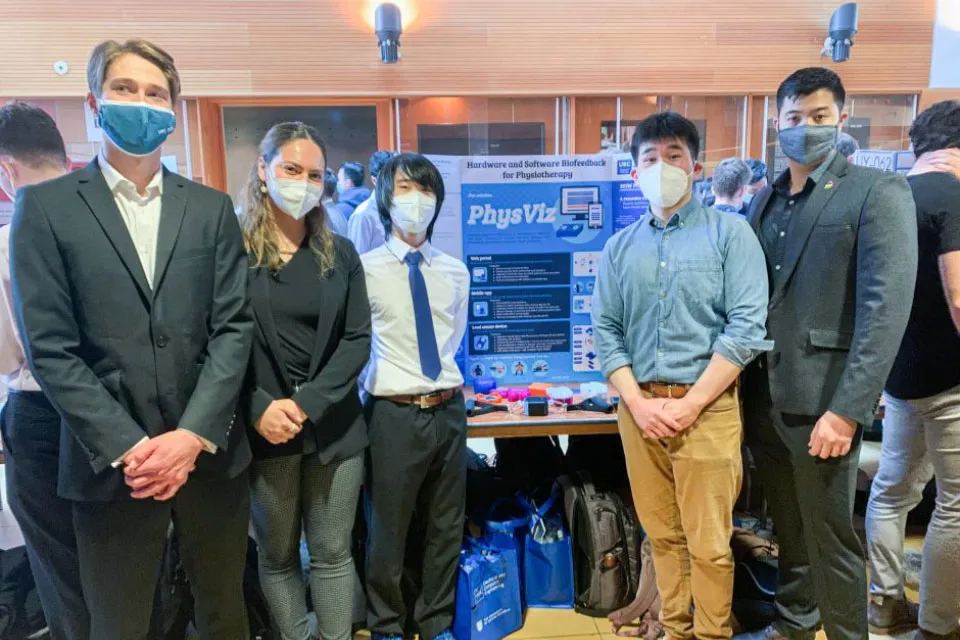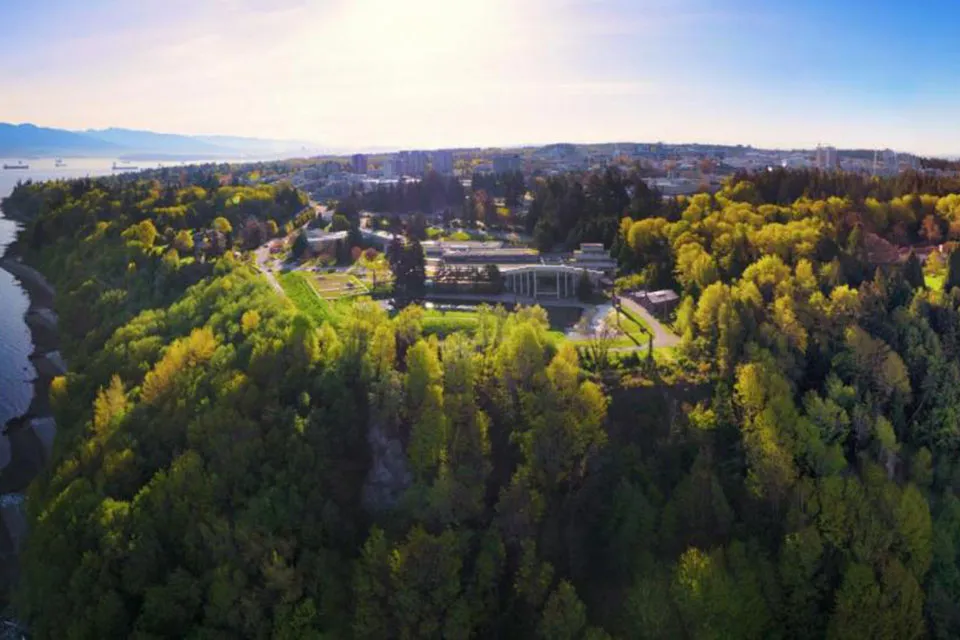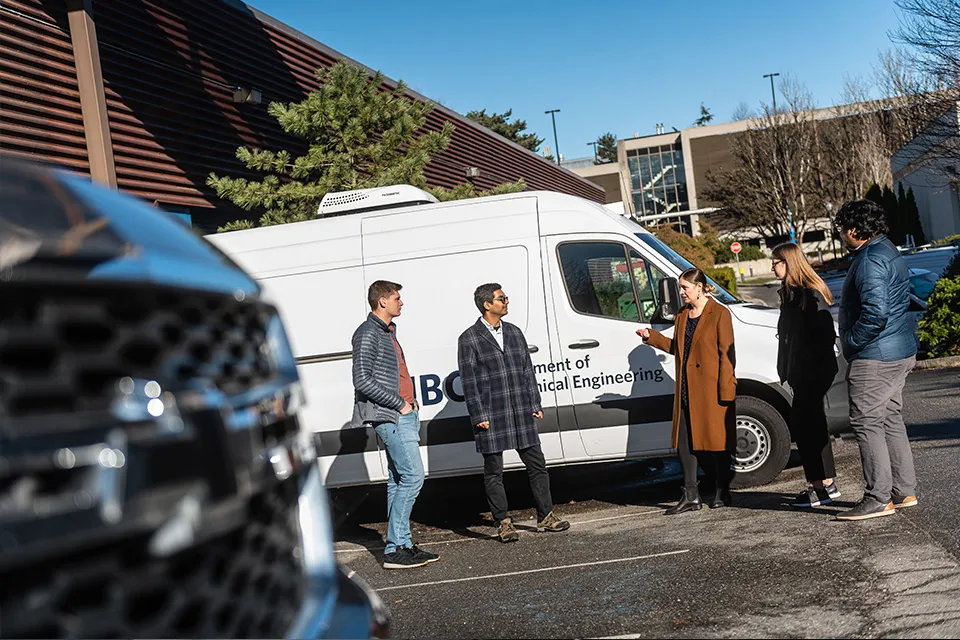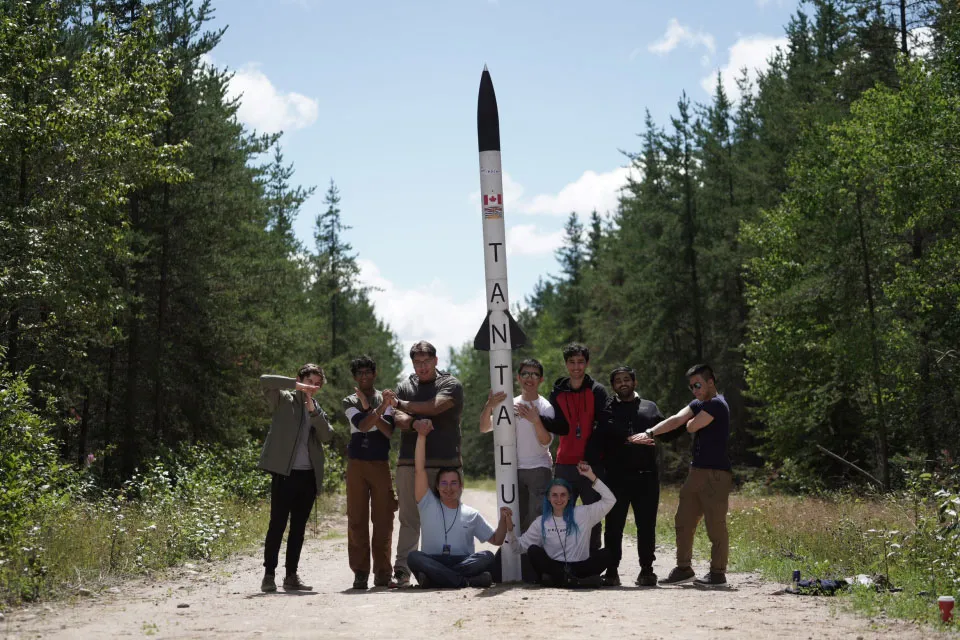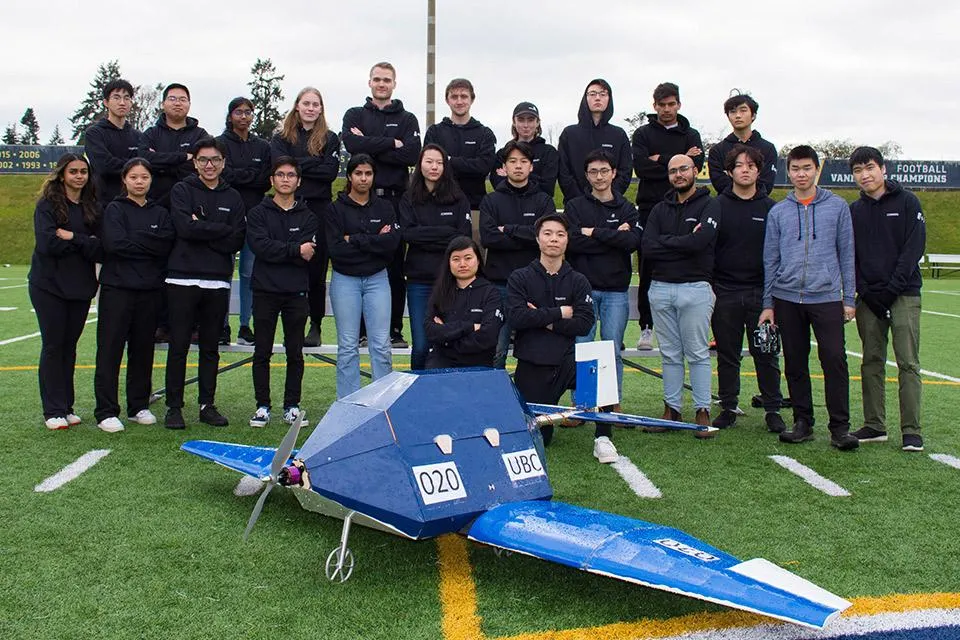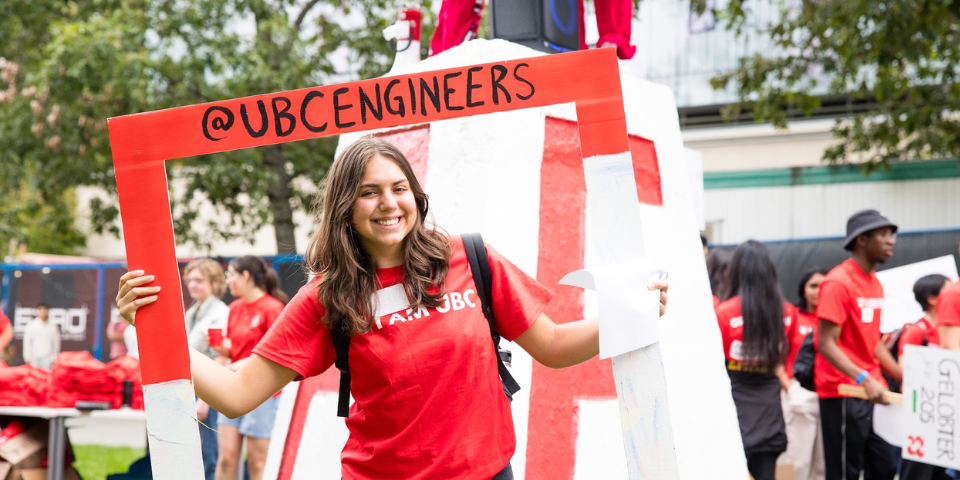Here's why engineering is a profession for the future.

25 years ago, cell phones were the size of bricks. Renewable energy accounted for only a fraction of our energy mix. And the use of 3D printing to create medical devices and other life-saving technologies was just the germ of an idea.
Innovations like these have made our world more connected, safe, healthy and prosperous. None of them could have been achieved without engineers. The next 25 years will see engineers making equally important advances to address the challenges facing our planet.
Engineering has been called a profession for the future. We do not know what the future will look like, but we do know that engineers will be on the front lines in shaping it.
2. Engineers are in high demand in every industry
Labour forecasters analyze demographic trends to predict how many jobs may be needed in a specific sector. They know that over the next 10 years there will be a huge wave of retirements in engineering, opening up many new positions. On top of the need for new graduates to replace those who are retiring, the sector as a whole is growing. Virtually every industry needs engineers, and they are increasingly needing more of them. Find out more about the engineering programs you can choose from at UBC.
4. Critical thinking, innovation and creativity will always be needed
As a UBC Engineering student, you will learn how to use design thinking to solve problems. This approach to problem-solving and critical thinking will enable you to make important contributions and stay relevant no matter how much your industry changes.

